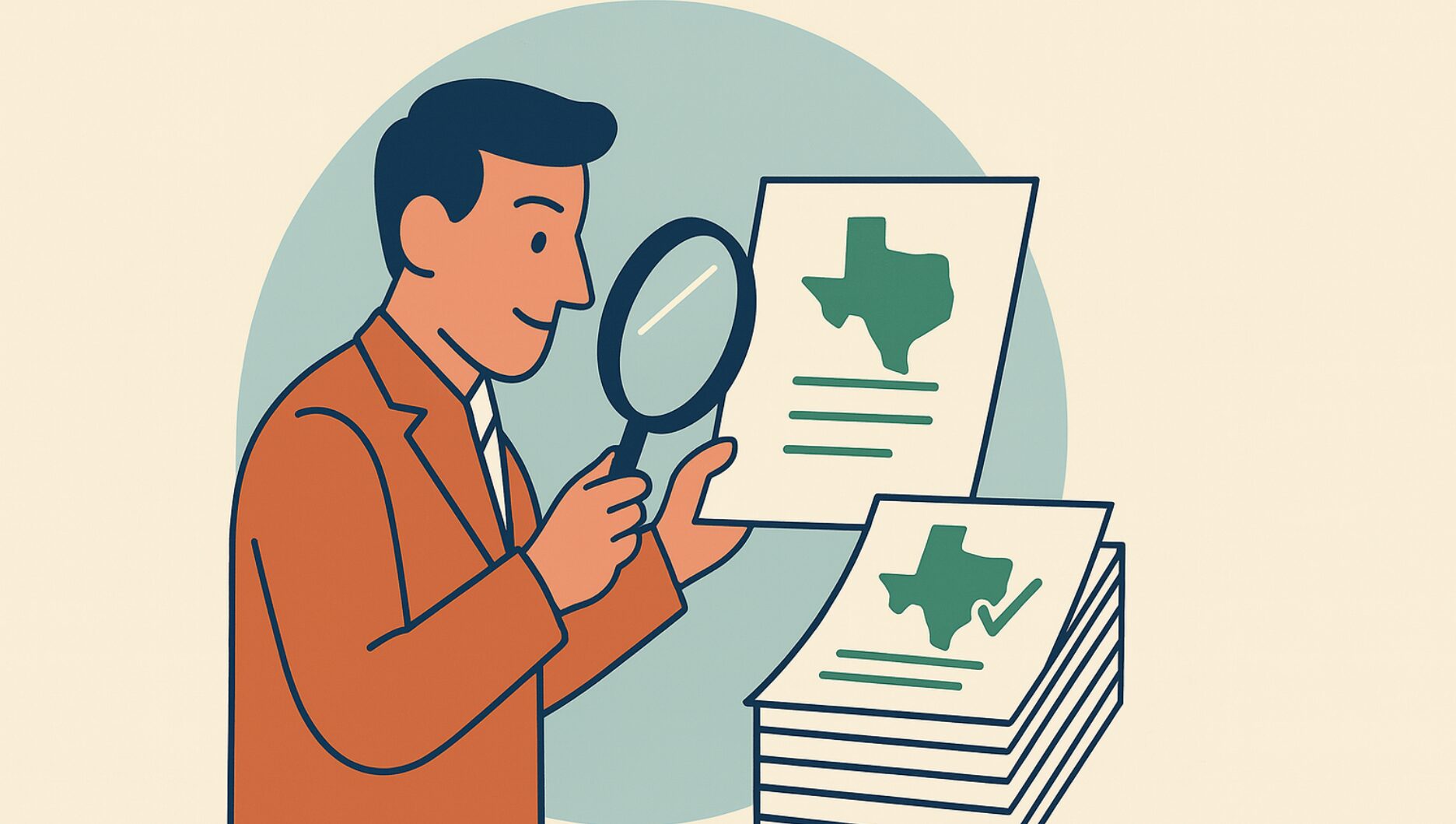As Congress revives the misnamed Credit Card Competition Act and state legislatures push bills to regulate swipe fees, policymakers are quietly setting the stage for a major disruption in how Americans access credit. These proposals aim to cap interchange fees—those small charges behind every card swipe—but the consequences won’t be small.
Interchange fees may not make headlines, but they help keep the modern credit ecosystem running. On a typical $100 transaction, around $2 in interchange fees flows from merchants to the banks and networks that manage fraud protection, secure payments, and rewards programs. In return, consumers get safer transactions and access to credit, and merchants get more customers.
The bills in a few states, like Texas’s HB 4124, which died this year, aim to ban interchange fees on tax and tip portions of transactions. That might sound like a narrow carve-out. But it’s not. It’s a price control, and price controls are costly. Like a leak in the hull, they start small and quickly sink the ship.
I don’t come at this from theory. I grew up in a lower-income single-mom household in South Houston, Texas. My dad had epilepsy and received disability income. My mom dropped out in the tenth grade and worked hard to make ends meet. We didn’t qualify for most welfare, and credit cards were the fallback when times got tough. My mom didn’t use them for luxuries—she used them for groceries, utility bills, and school clothes. That access mattered.
Now imagine her in today’s regulatory environment, where policymakers treat credit like a vice rather than a necessity. The Credit Card Competition Act would force issuers to use multiple payment networks, undermining fraud security and disrupting rewards programs, like the Chase Southwest card I use for travel with my family. Meanwhile, proposals from Sens. Elizabeth Warren and Bernie Sanders to cap credit card interest rates at 10% would cut off millions of higher-risk borrowers, disproportionately harming those with the fewest alternatives.
This all echoes the failed logic of the Durbin Amendment of 2010. That policy capped debit card fees and promised consumer savings. Instead, no-charge checking accounts were cut in half, debit rewards disappeared, and according to the Government Accountability Office, less than 2% of retailers passed on any savings. The real beneficiaries were the big-box stores, not everyday Americans.
Supporters claim they’re protecting consumers. But who are they really protecting when 22% of Americans are unbanked or underbanked, according to the Federal Reserve? When you price credit below its risk, lenders stop offering it. That leaves working families to turn to payday lenders or pawn shops—or worse, to go without.
Meanwhile, the Federal Reserve—the very institution regulators want to give more power over payment systems—has lost more than $200 billion in operating losses since 2022 due to its mismanagement of interest rate risk. And now it wants to fix the “problem” of interchange fees?
If lawmakers genuinely want to improve access and competition, they should focus on reducing barriers for smaller banks and fintech innovators, not micromanaging transaction fees or capping risk-based interest rates. These reforms would encourage real competition, protect consumers, and avoid the failed playbook of regulatory overreach.
Milton Friedman once warned that “one of the great mistakes is to judge policies and programs by their intentions rather than their results.” We should heed that wisdom now more than ever.
The intention to lower swipe fees and protect consumers is good in a soundbite. However, the result will be fewer rewards, higher costs, and less access, especially for working Americans. That’s not financial protection. That’s economic sabotage.
Texans for Fiscal Responsibility relies on the support of private donors across the Lone Star State in order to promote fiscal responsibility and pro-taxpayer government in Texas. Please consider supporting our efforts! Thank you!
Get The Fiscal Note, our free weekly roll-up on all the current events that could impact your wallet. Subscribe today!




